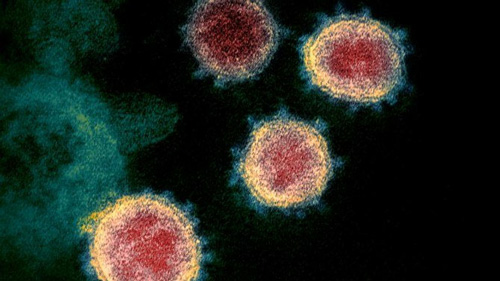London
Scientists in the UK claim to have identified six different strains of Covid-19, in a development that could have major implications for the treatment of the virus, in the same week that a government-backed antibody test trial returned “game-changing” results.
A team at King’s College London suggested that each of the six strains it had identified came with its own set of symptoms and varied in severity, which could help doctors identify which patients are more likely to need more serious medical intervention once diagnosed.
“These findings have important implications for care and monitoring of people who are most vulnerable to severe Covid-19,” Dr. Claire Steves from KCL told Sky News.
“If you can predict who these people are at day five, you have time to give them support and early interventions such as monitoring blood oxygen and sugar levels, and ensuring they are properly hydrated — simple care that could be given at home, preventing hospitalizations and saving lives.”
The KCL discovery comes amid news that an antibody test to determine exposure to Covid-19, backed by the UK government, has successfully completed its initial trials.
The test, a finger-prick mechanism developed by the UK Rapid Test Consortium — consisting of members from Oxford University and a number of UK research firms — was found to have a 98.6 percent accuracy rate. It could also return results within 20 minutes.
Thousands of tests have already been manufactured in anticipation of the successful completion of all trials. Dr. Chris Hand, leader of the UK-RTC, told the Daily Telegraph: “We’ve had two shifts of R and D (research and development) personnel working day and night, seven days a week. This sort of development program would normally take a year. We’ve done it in 10 weeks. We’re now scaling up with our partners to produce hundreds of thousands of doses every month.”
He added: “If coronavirus is like flu and people need an annual vaccine, we will need mass antibody testing to measure people’s antibody response to that vaccine. That’s part of the plan.”—Arab News









